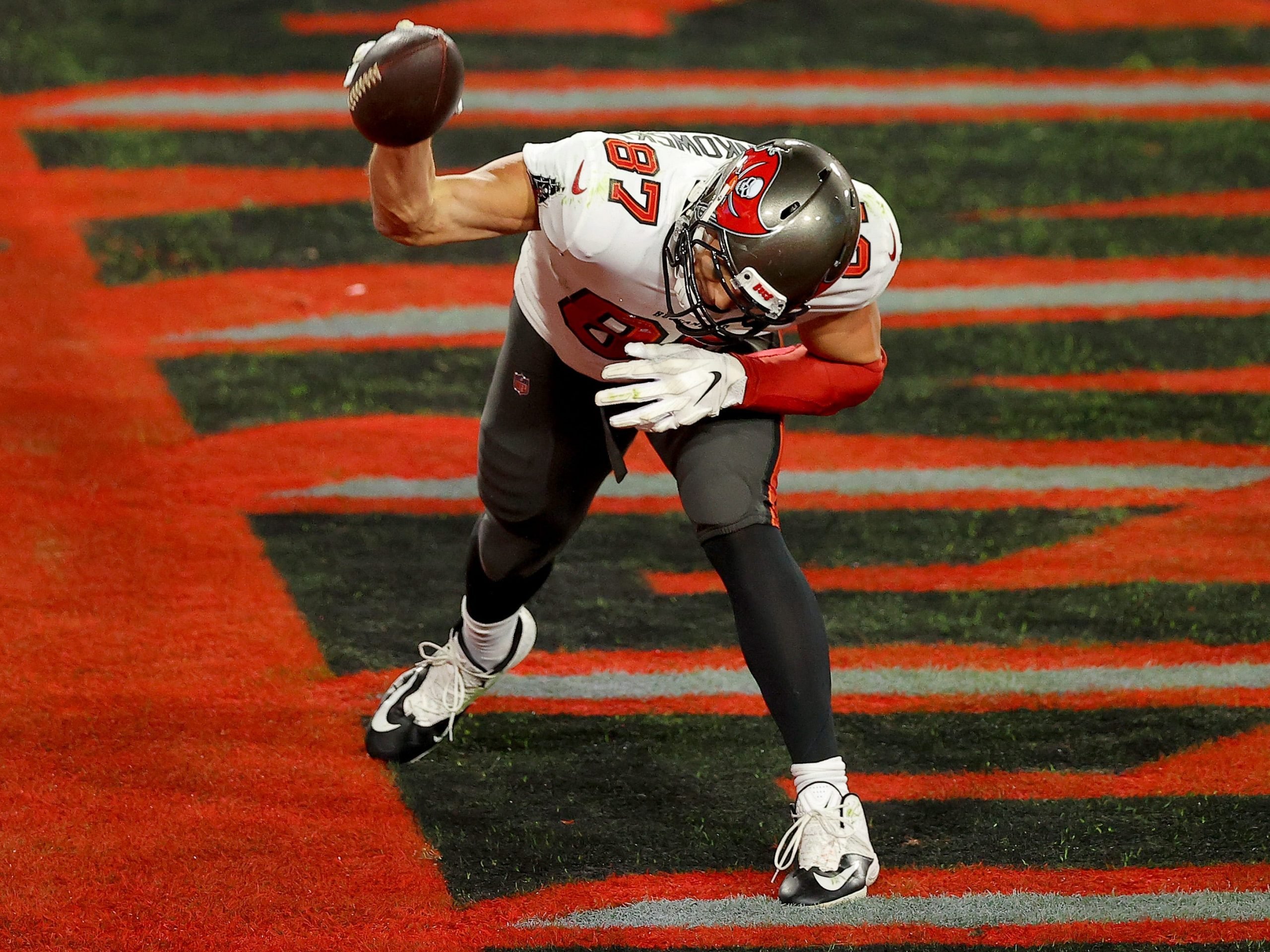
- 96.4 million people watched Super Bowl LV on Sunday.
- It was the lowest viewership of any Super Bowl in the last 10 years.
- Super Bowl LV was the first NFL game to post 1 billion streaming minutes.
- Visit the Business section of Insider for more stories.
About 92 million people tuned in to watch the Tampa Bay Buccaneers defeat the Kansas City Chiefs in Super Bowl LV this past Sunday, making this years’ game the least viewed Super Bowl in the past decade, according to Nielsen.
The game attracted 22.4 million fewer viewers than the most-watched Super Bowl of the past decade: the 2015 face-off between the Seattle Seahawks and the New England Patriots that saw 114.4 million viewers.
Here are the past 10 years of Super Bowl ratings, provided by Nielsen:
- 2020: 101.3 million
- 2019: 98.4 million
- 2018: 103.4 million
- 2017: 111.3 million
- 2016: 111.8 million
- 2015: 114.4 million
- 2014: 112 million
- 2013: 108 million
- 2012: 111 million
- 2011: 111 million
The Tampa Bay Buccaneers’ (31-9) victory over the Kansas City Chiefs made them the first team in NFL history to play at its home stadium and win. This is the franchise’s first NFL title since 2002, when the Buccaneers defeated the Oakland Raiders (48-21) in Super Bowl XXXVII.
It was also the seventh Super Bowl win for Buccaneers quarterback and Tom Brady, who joined the team for the 2020 season after 19 years with the New England Patriots. Brady was also named the game’s MVP.
Despite viewership hitting a low, CBS said in a press release that Sunday's game was the first NFL game to hit 1 billion streaming minutes.
Due to the coronavirus pandemic, in-person attendance for Super Bowl LV was limited. The game attendance was a total of 25,000 people, according to Mediaite. About one-third of those people were vaccinated frontline healthcare workers. In addition to the 25,000 attendees, there were 30,000 cardboard cutouts placed throughout the stadium to give the appearance of a full house.
Some experts expressed concerns that the Super Bowl could become a superspreader event, not only because of the people at the stadium, but also because of parties and crowds gathering at bars and restaurants to watch the game.
The NFL stressed that it put proper precautions in place to avoid the spread of COVID-19. Florida, where the game was held, has been one of the hardest hit states during the course of the pandemic.